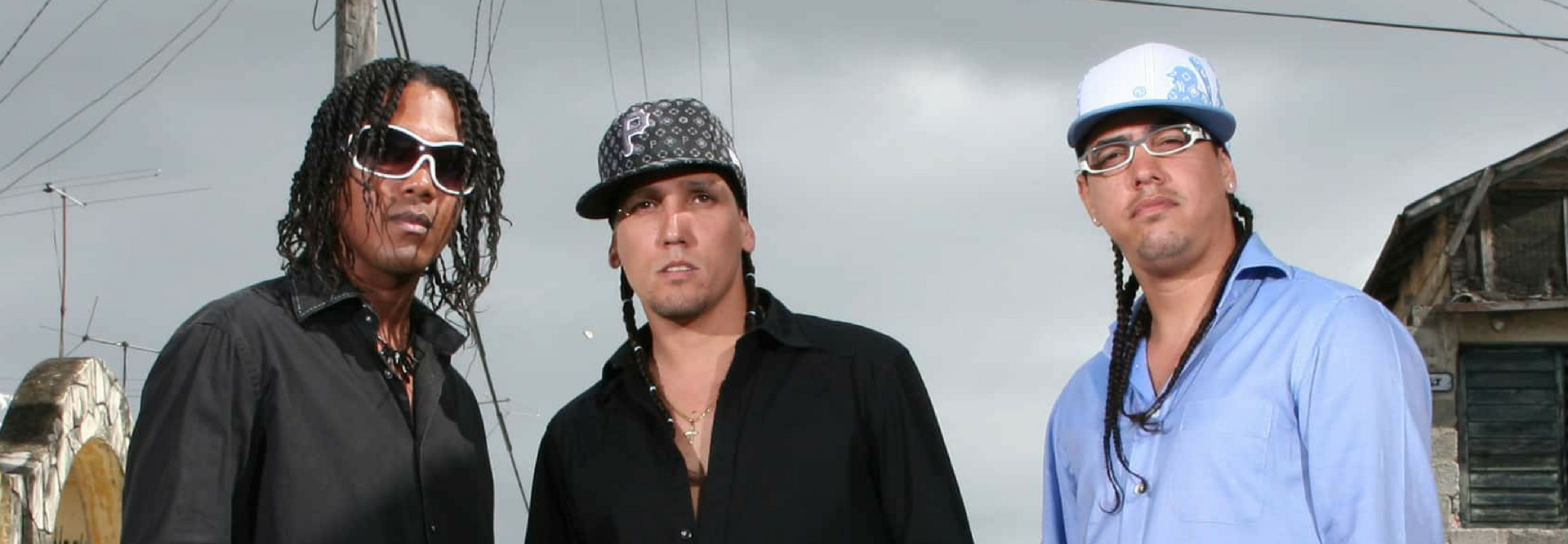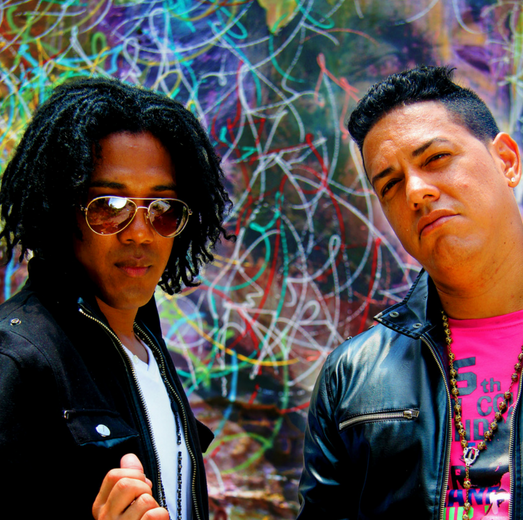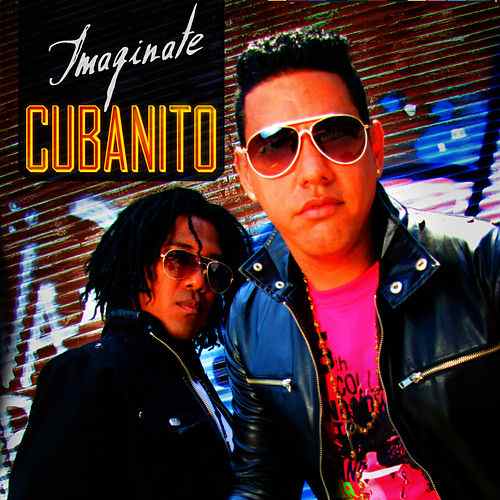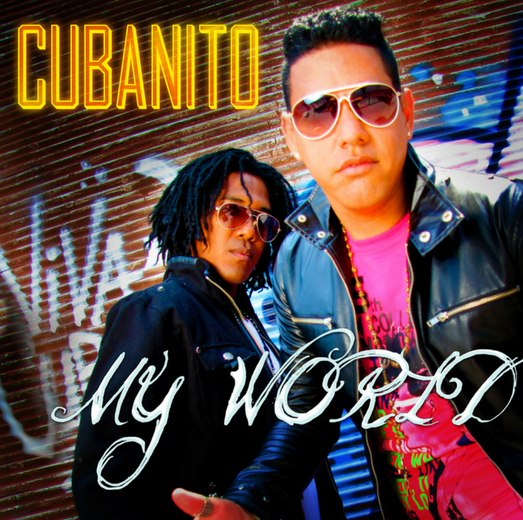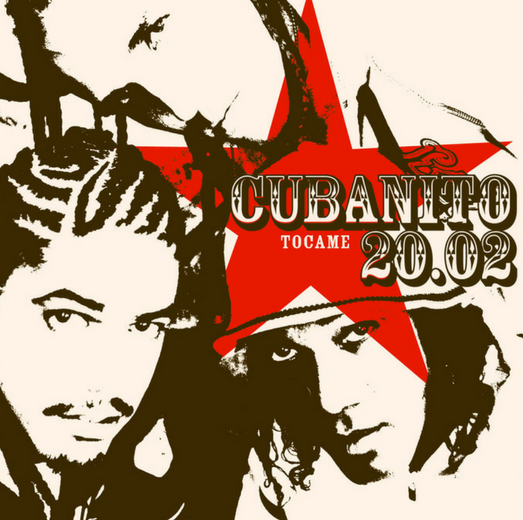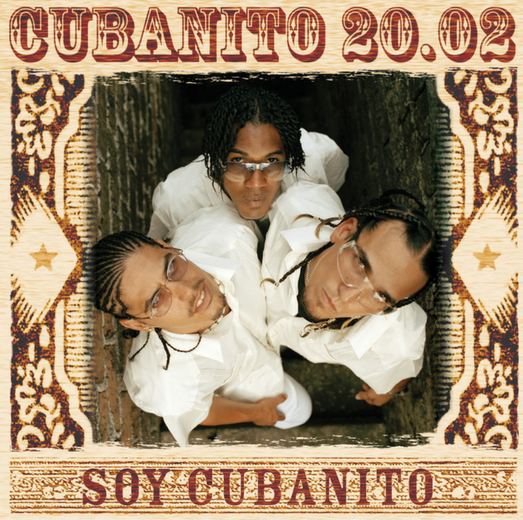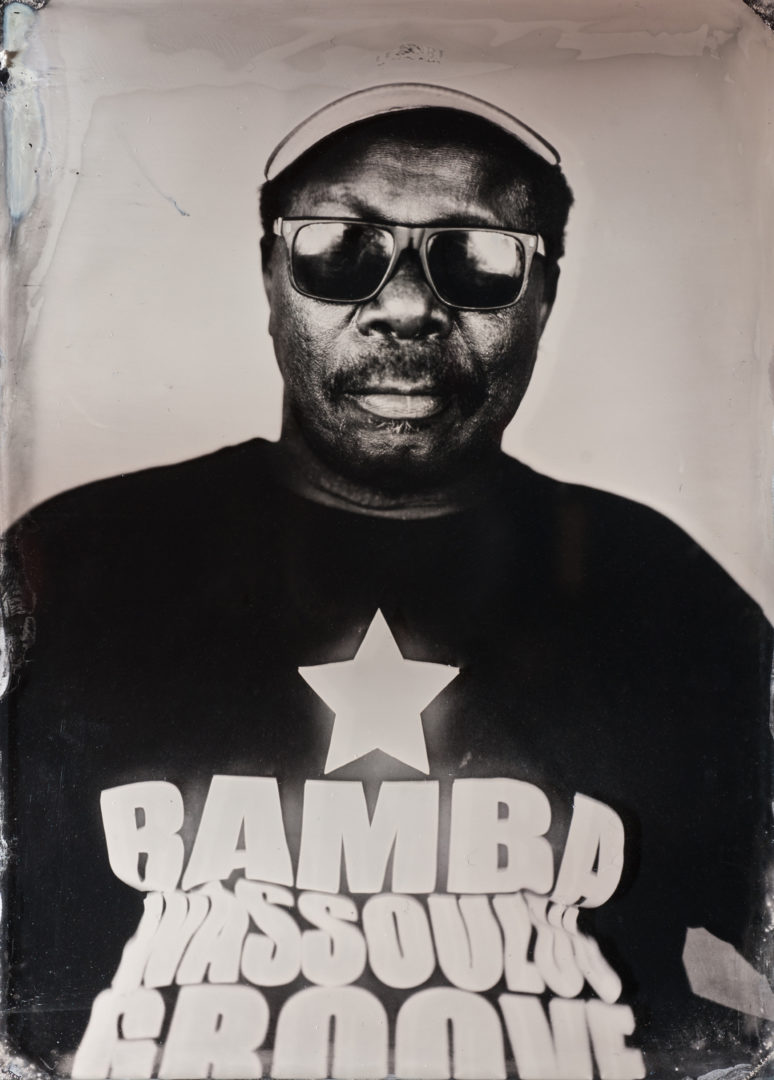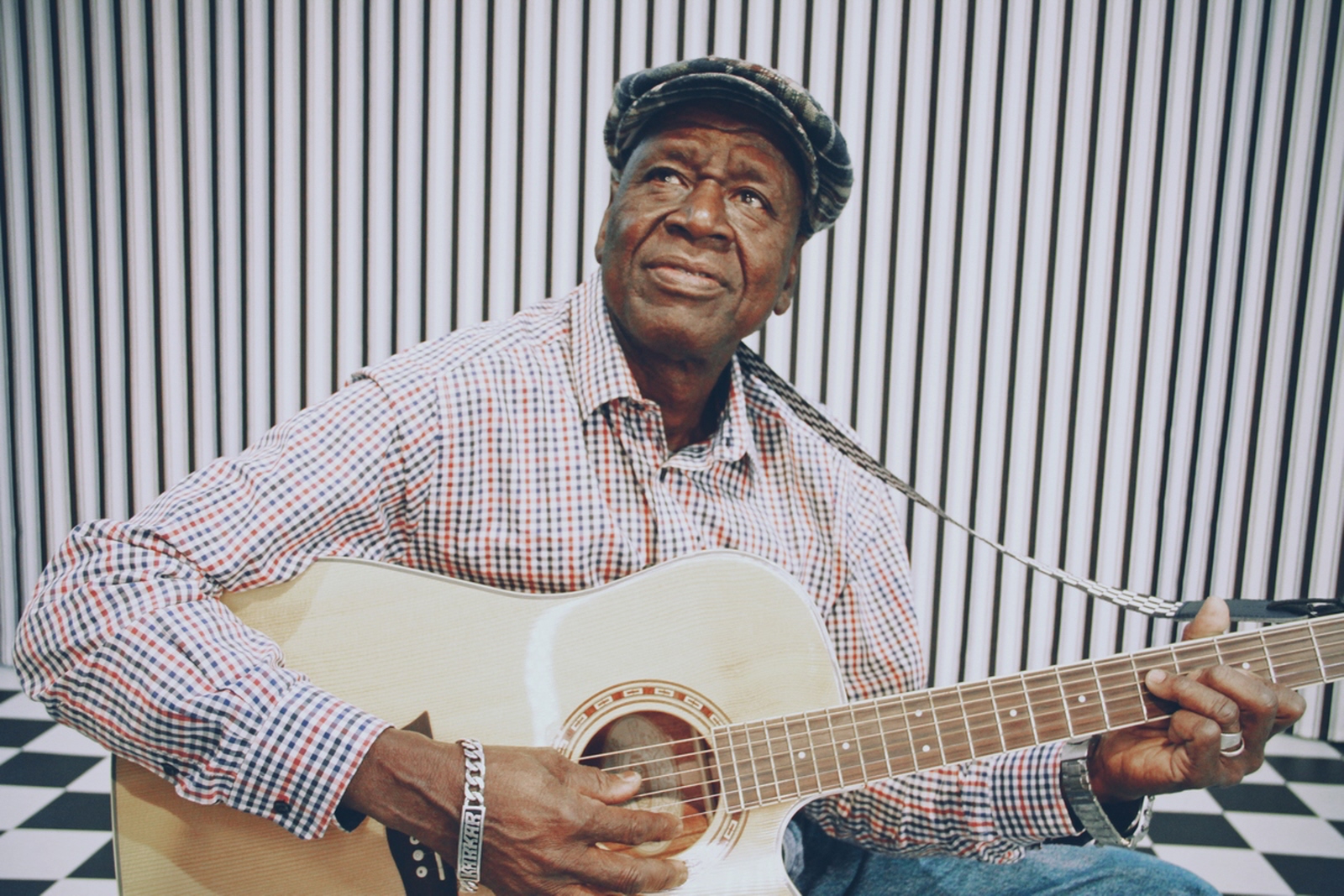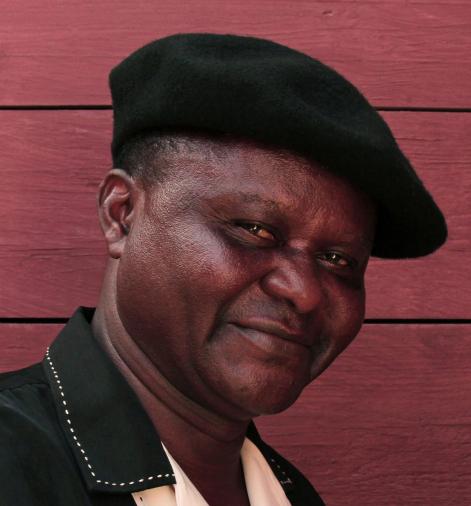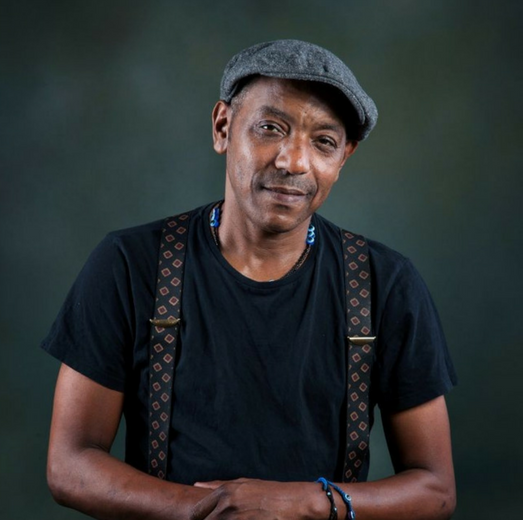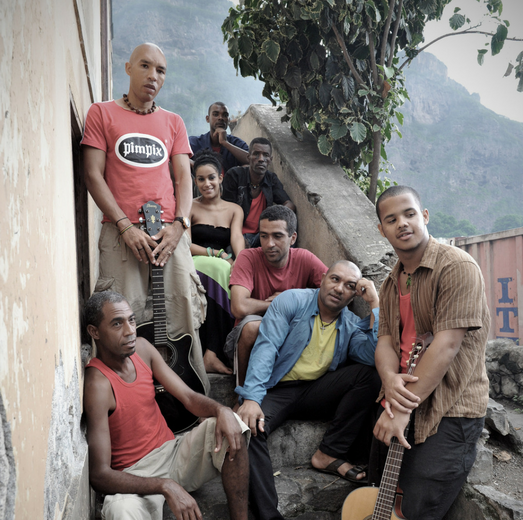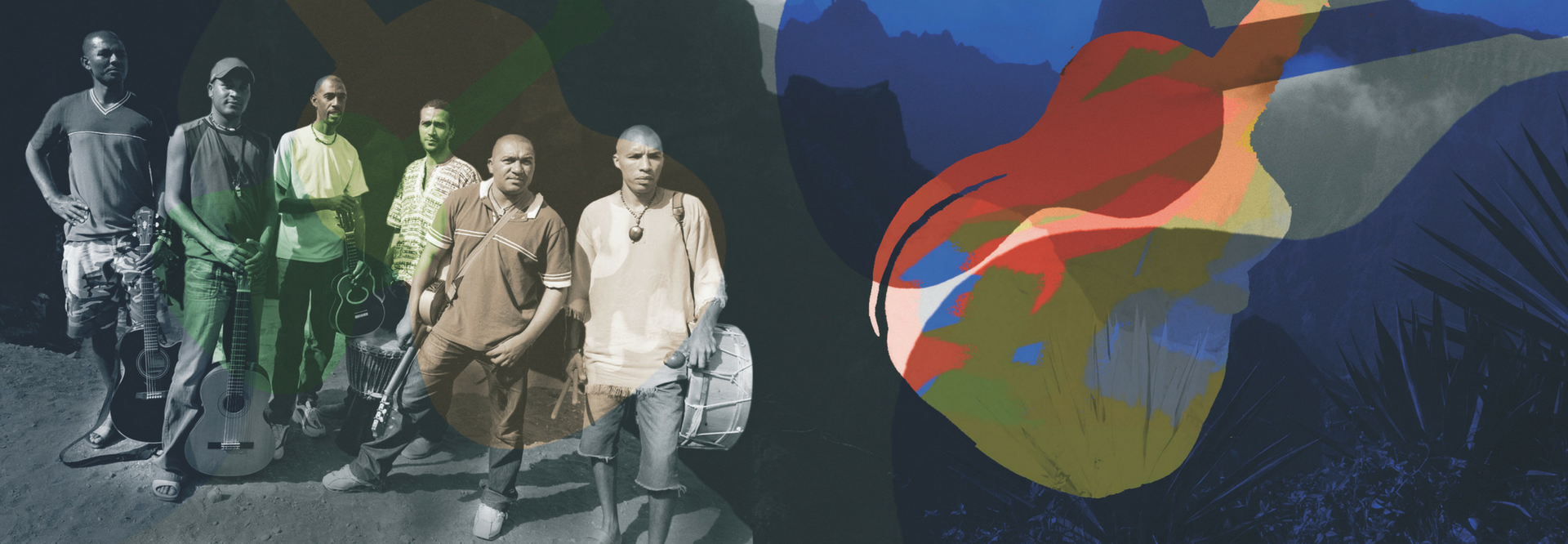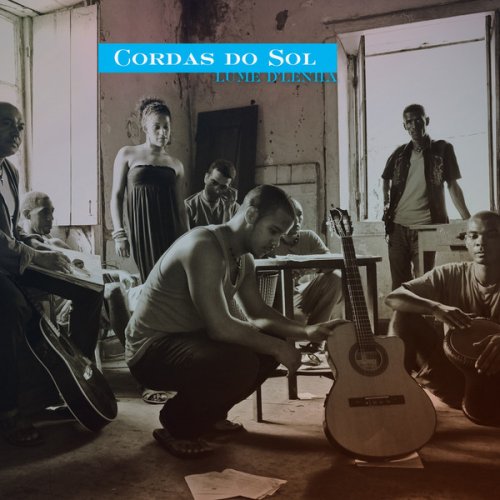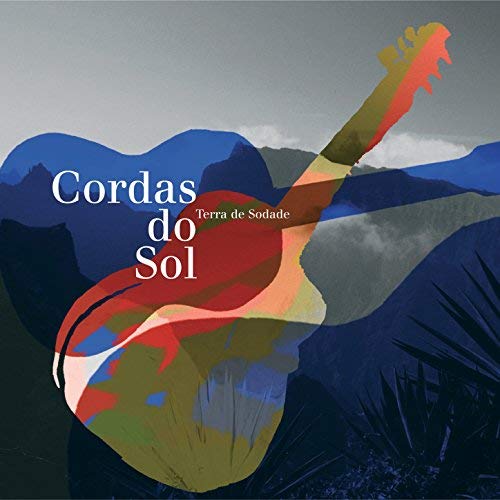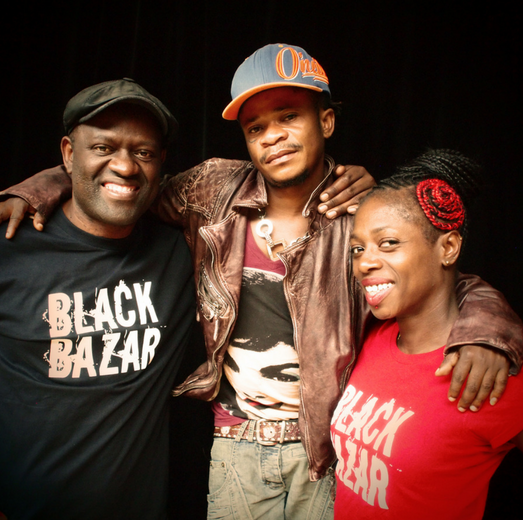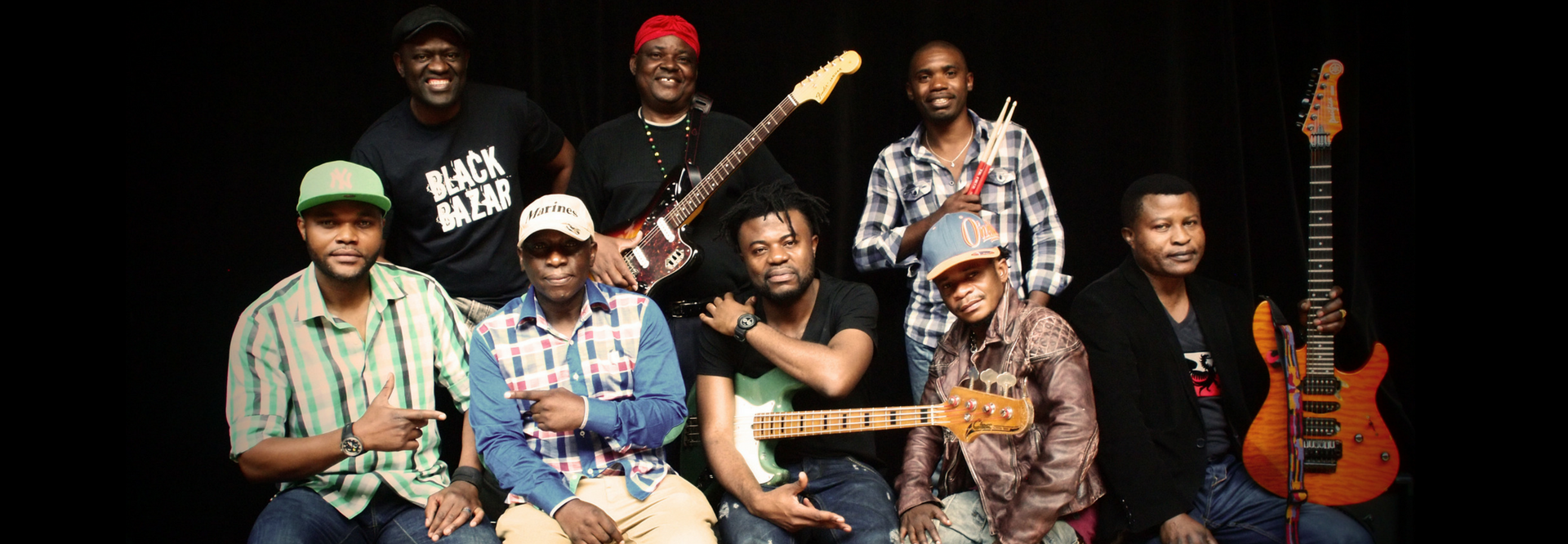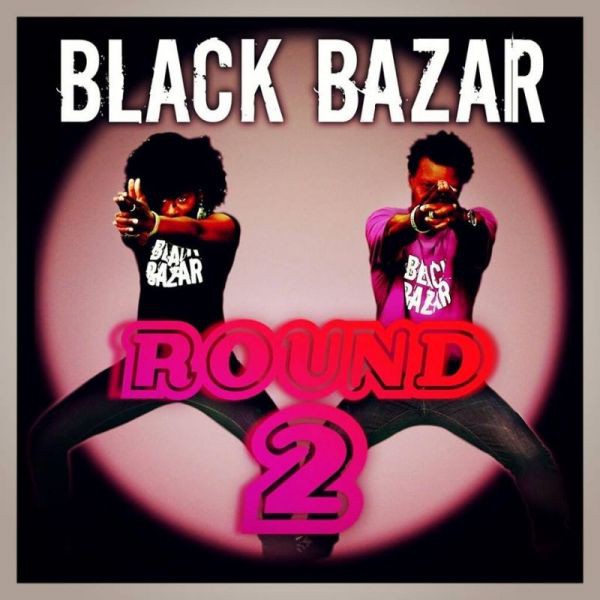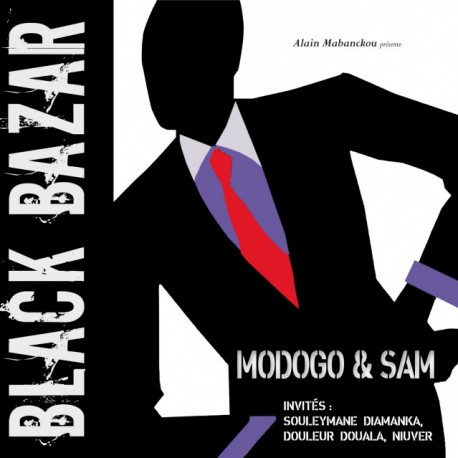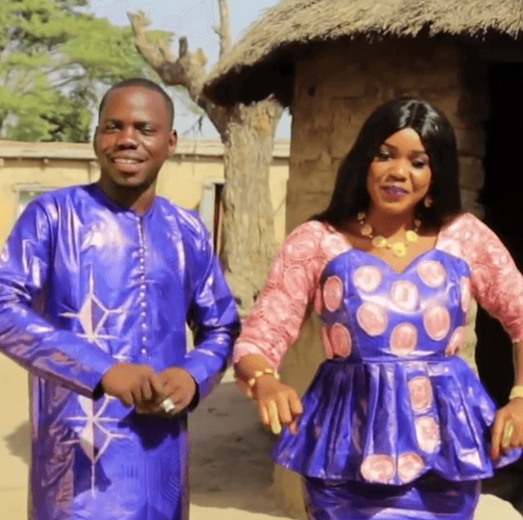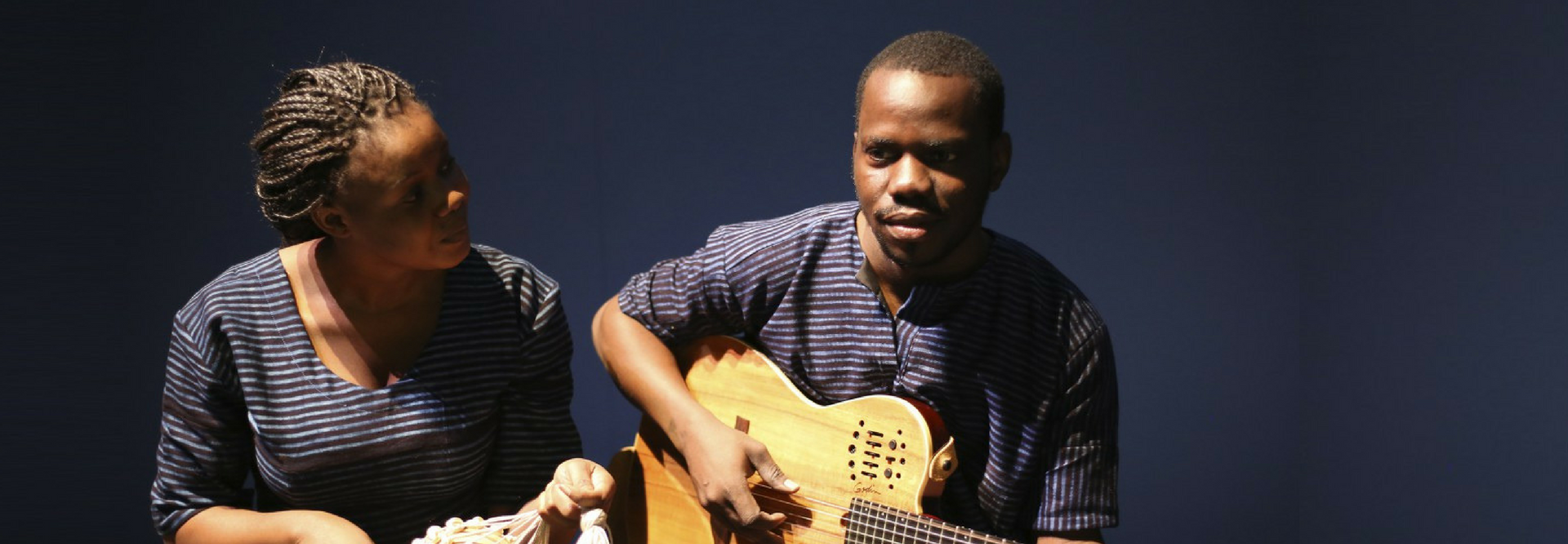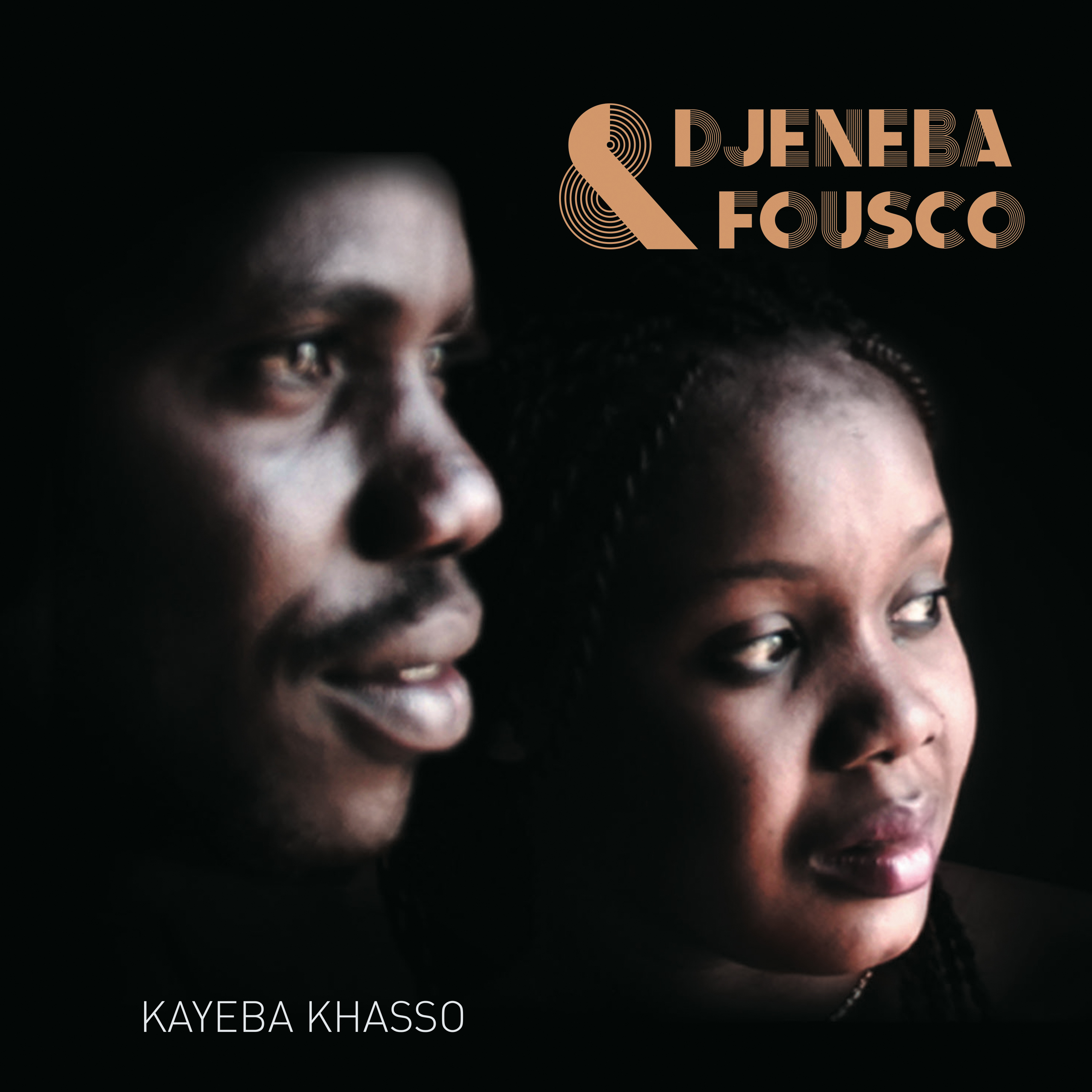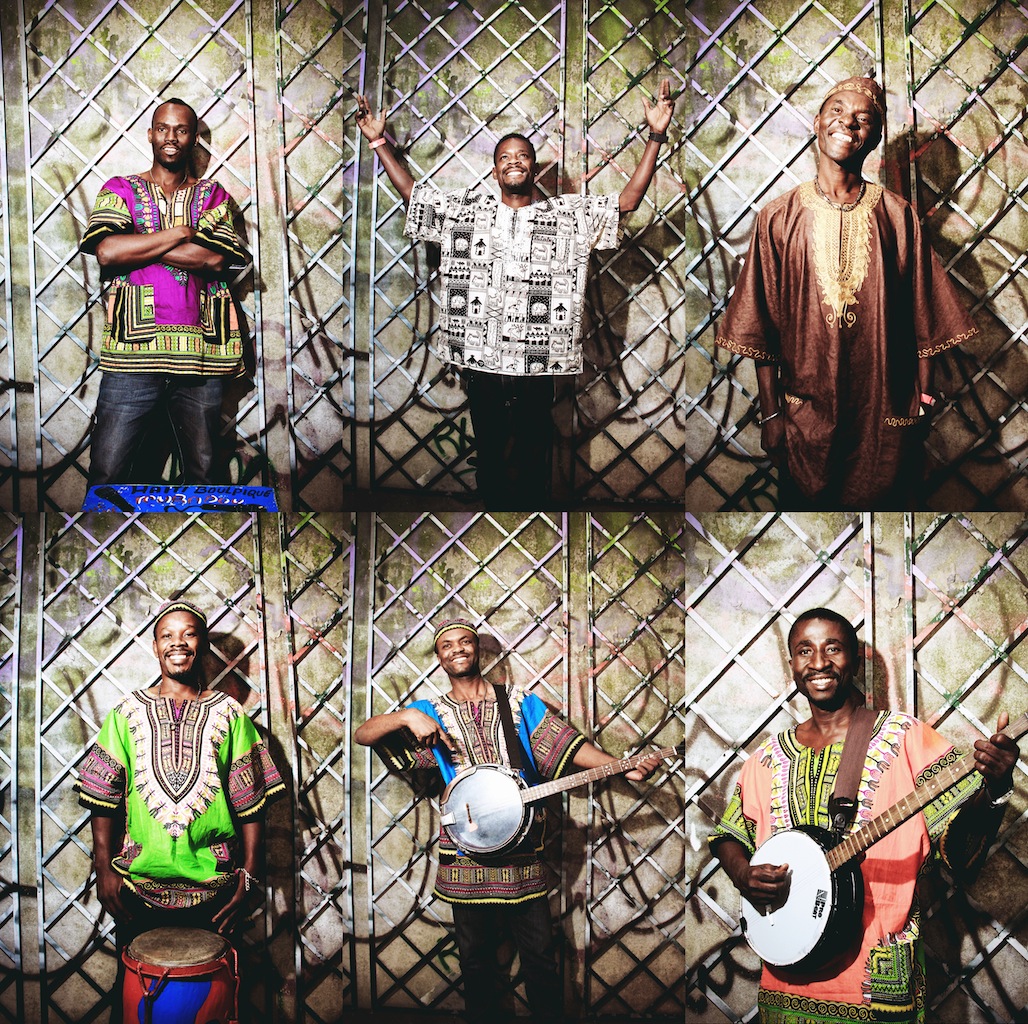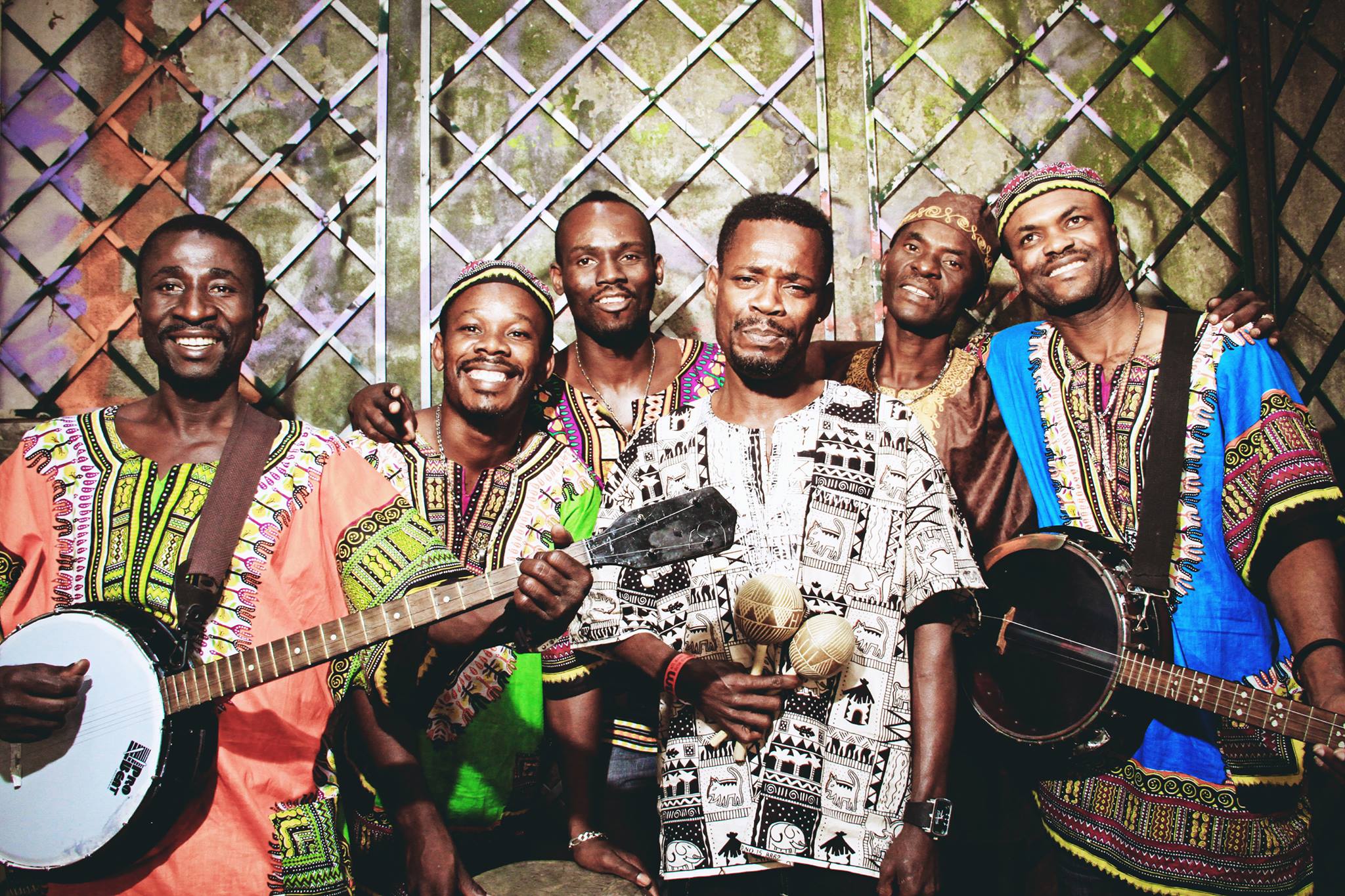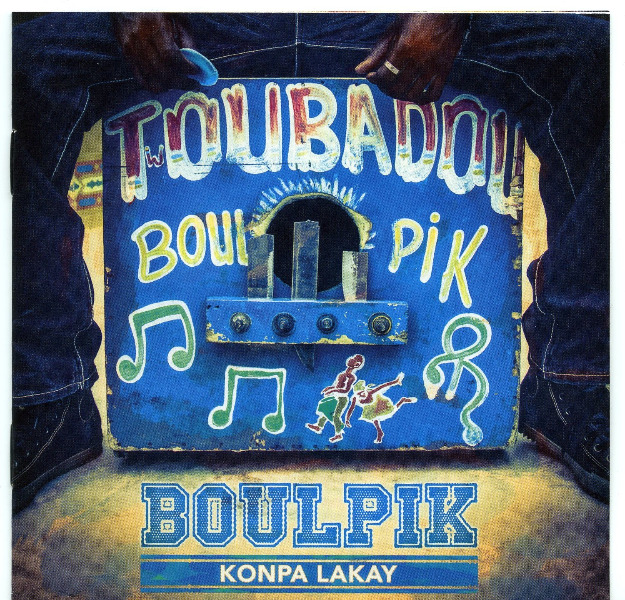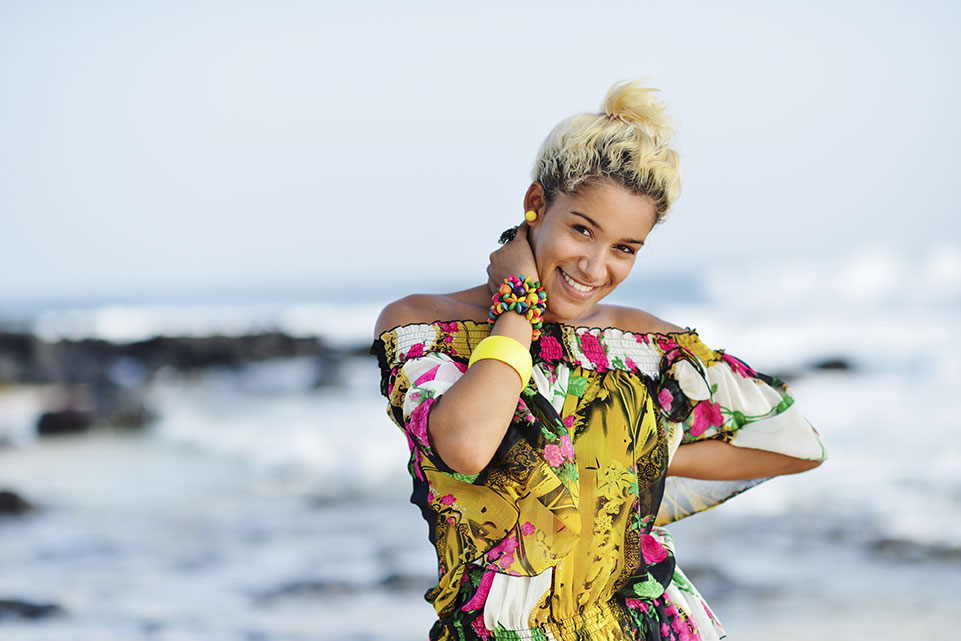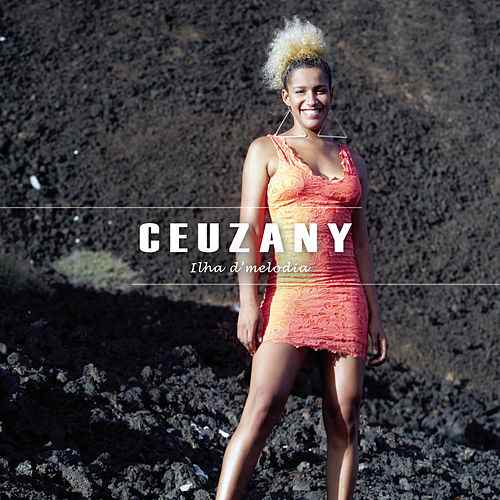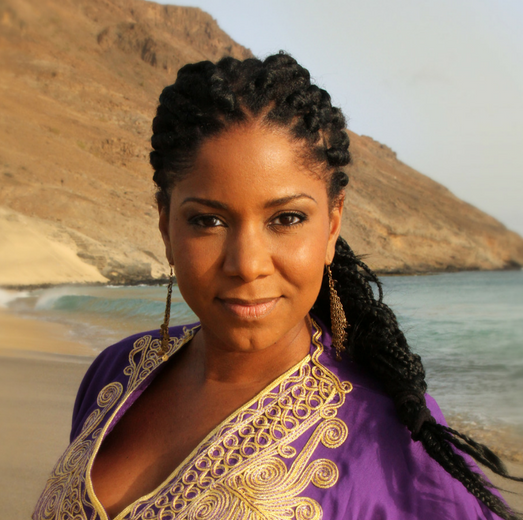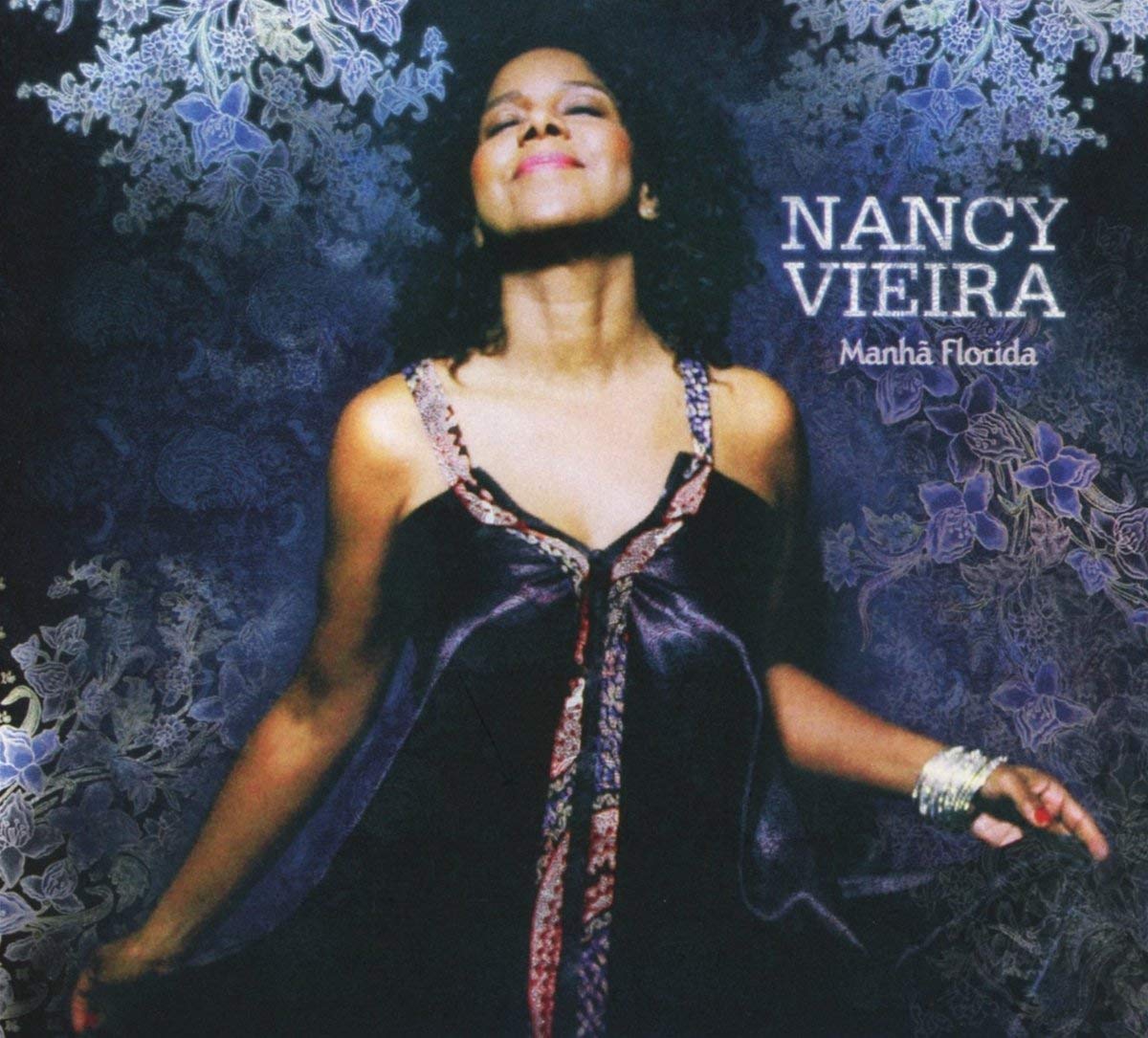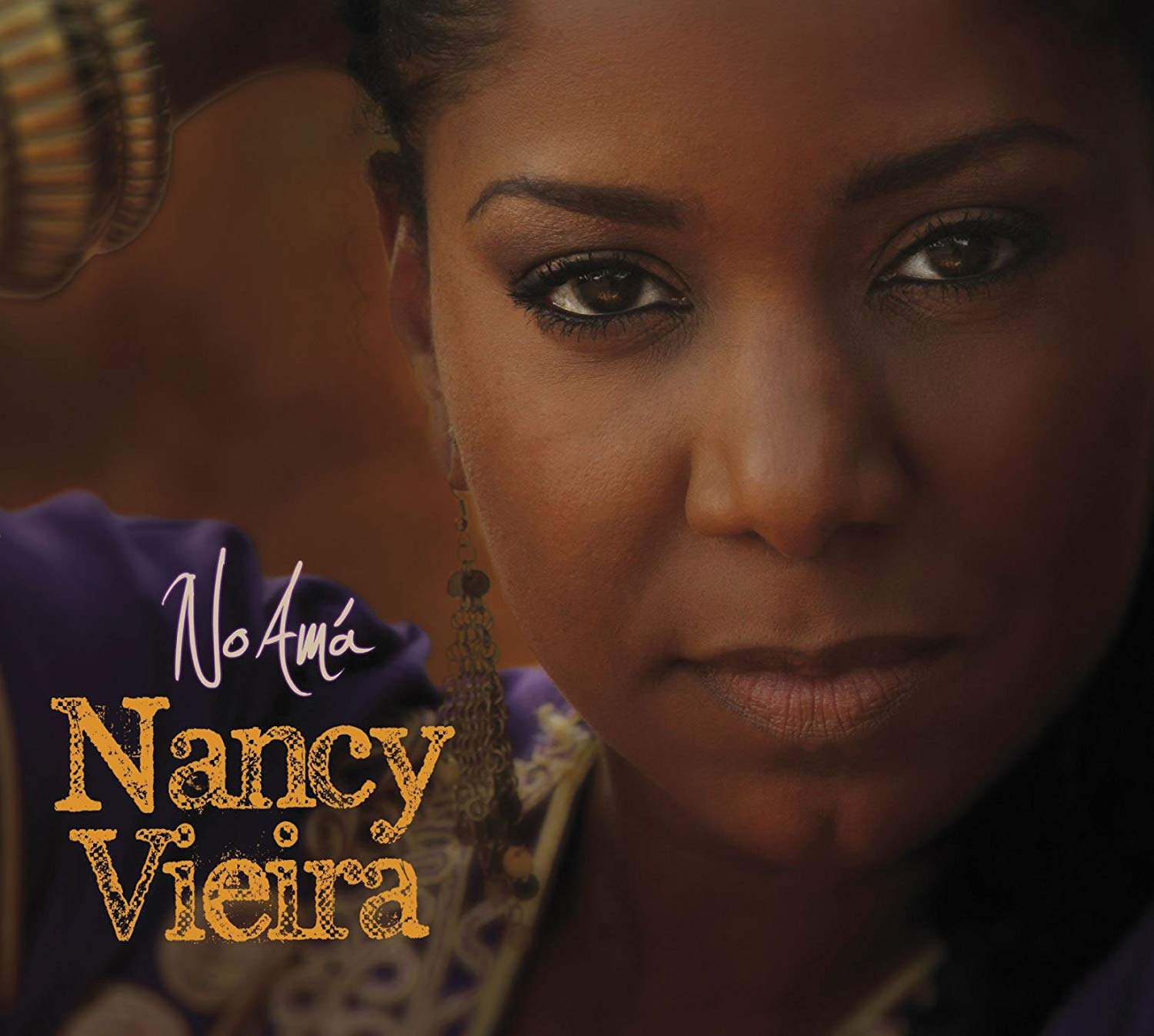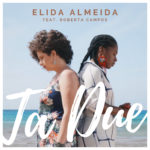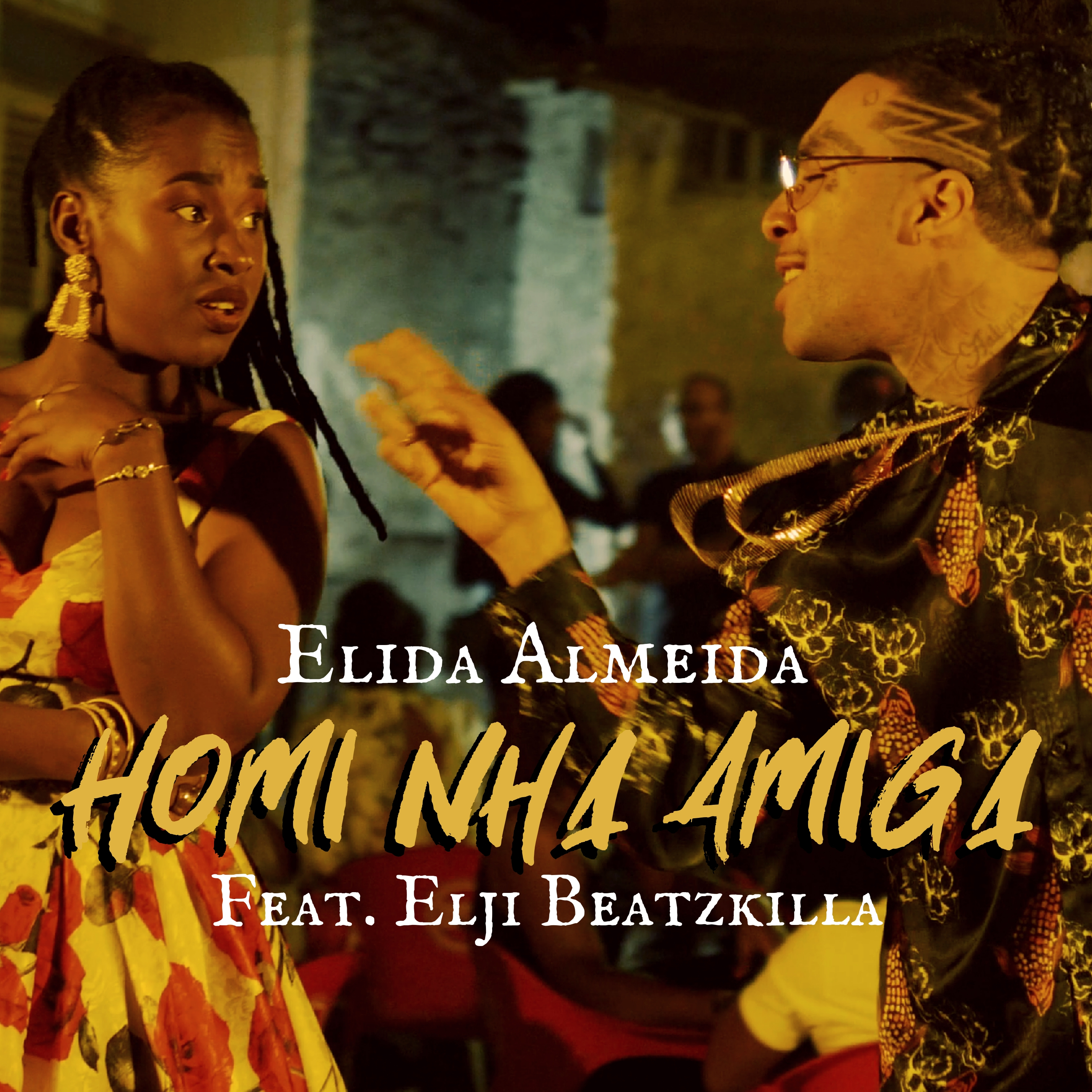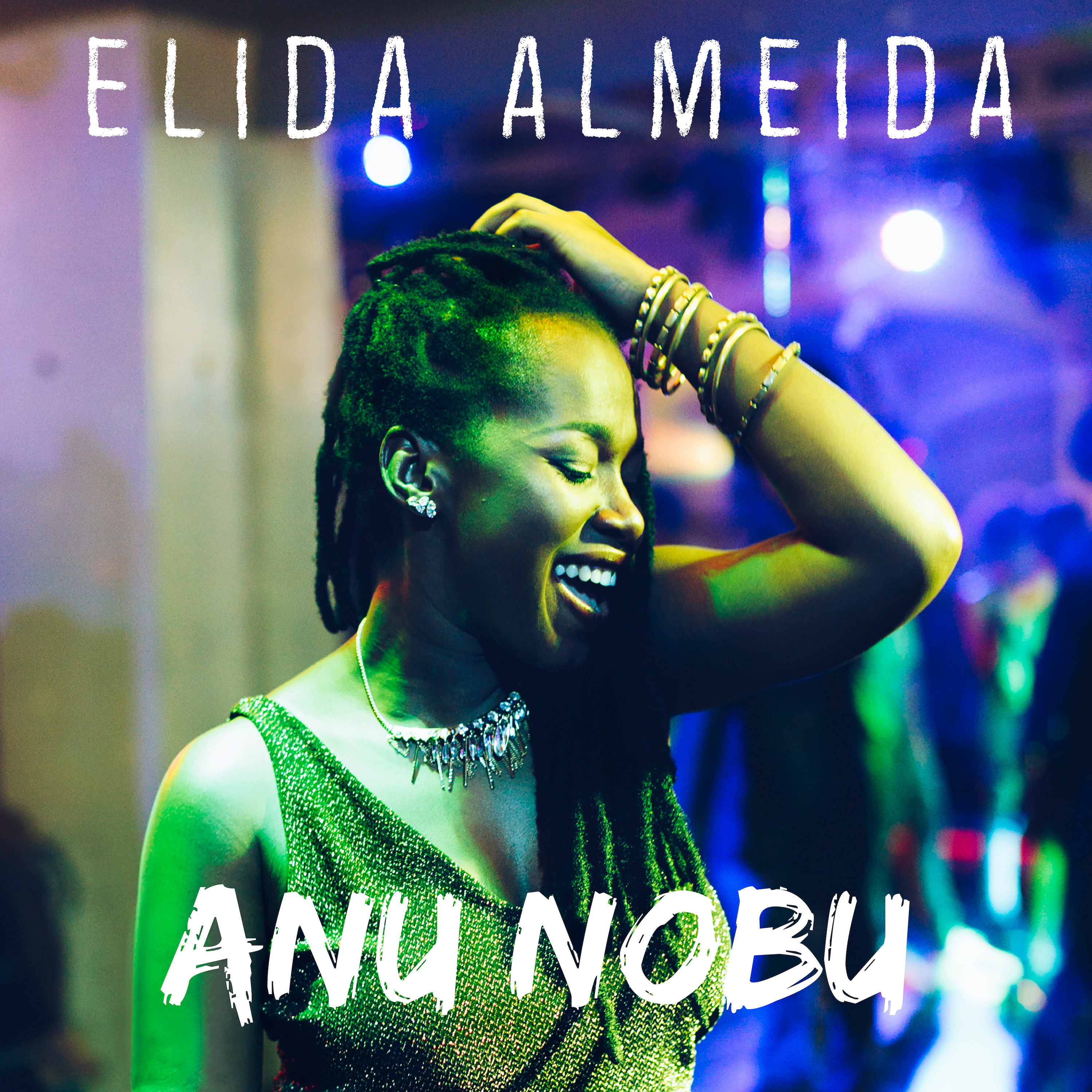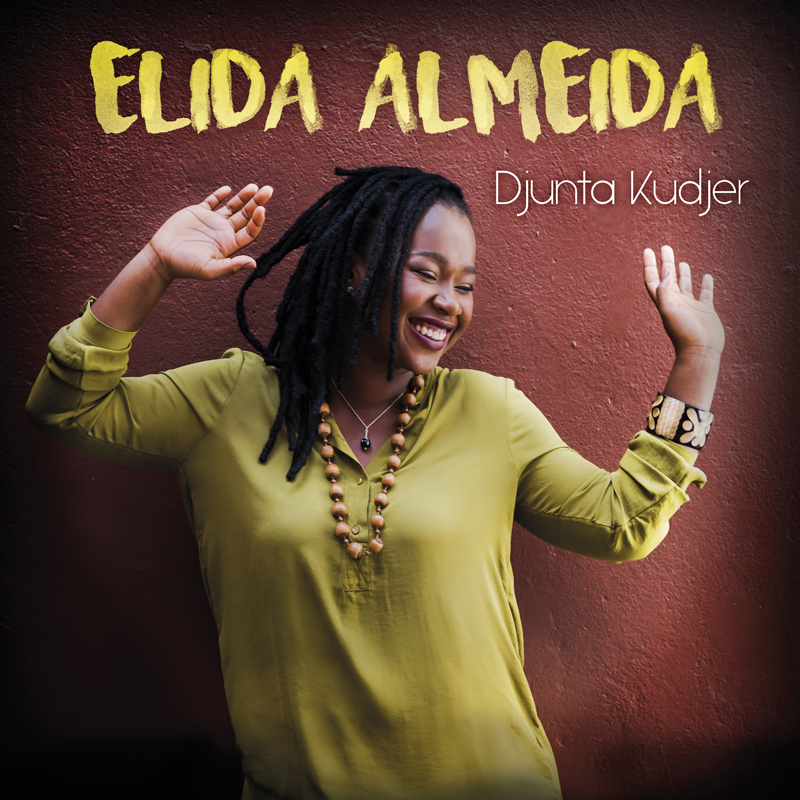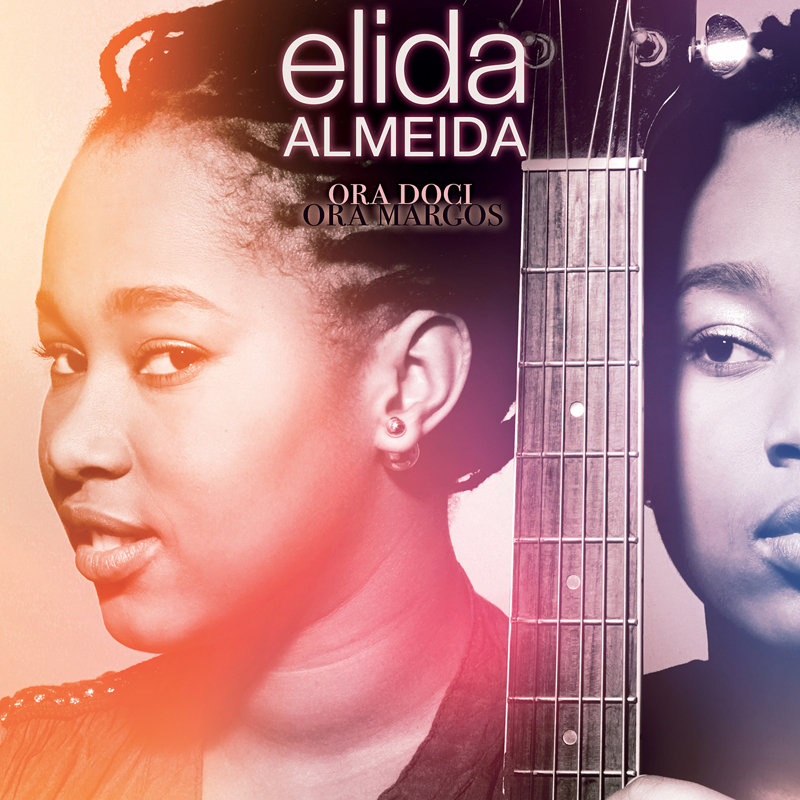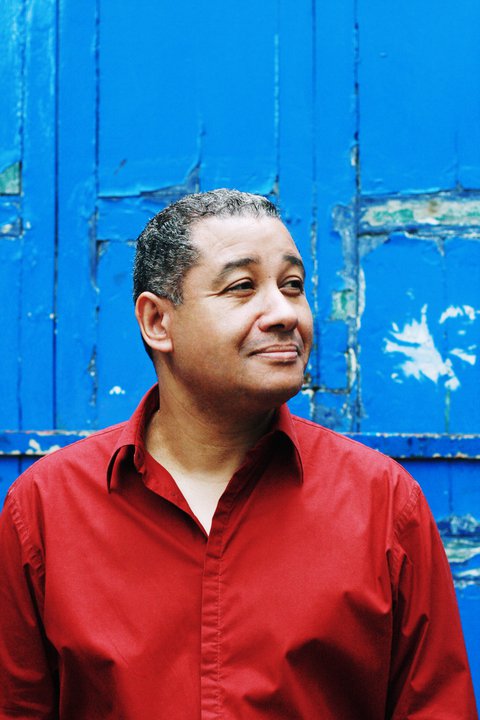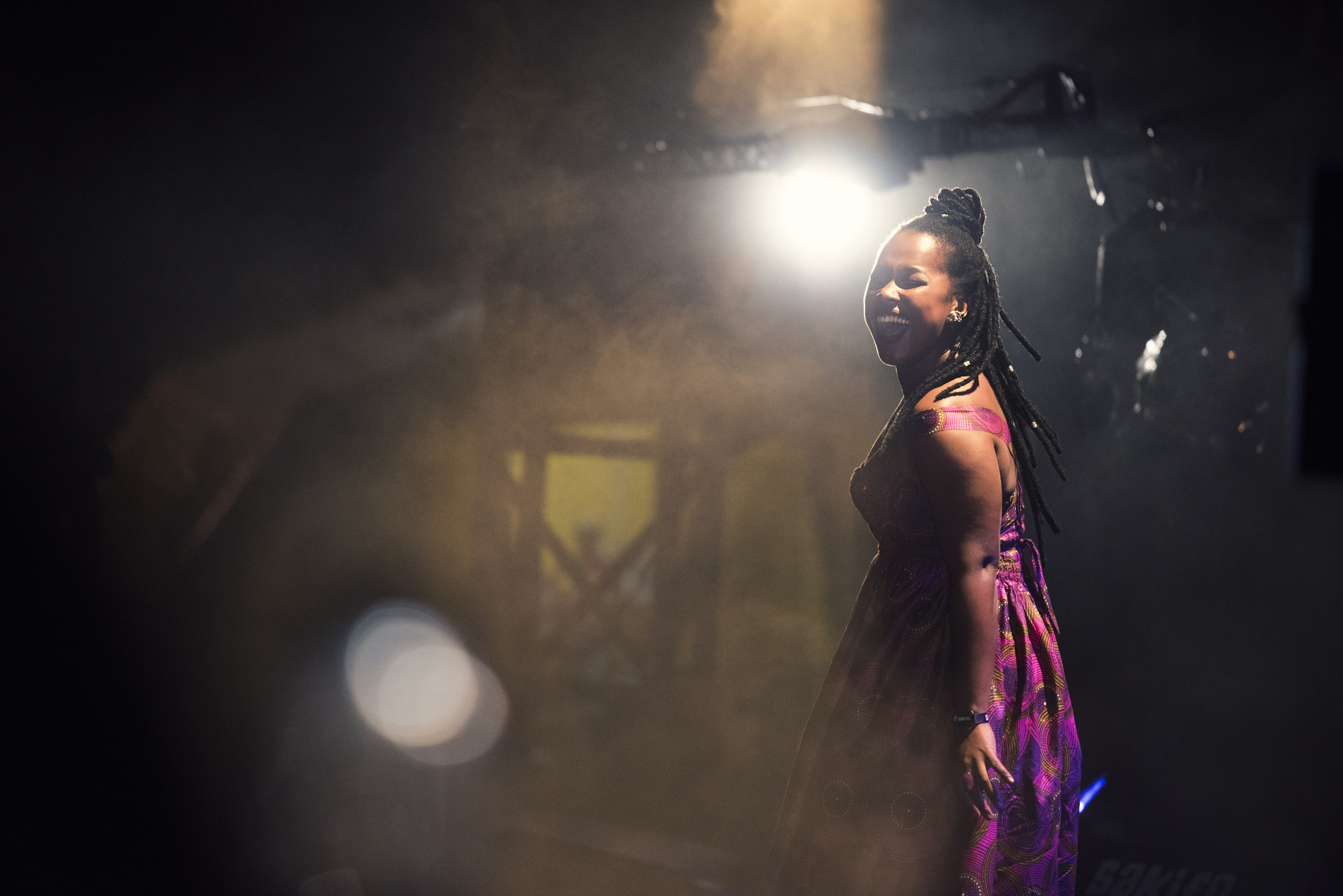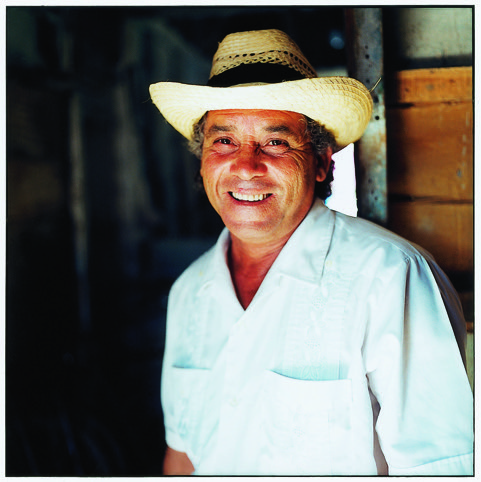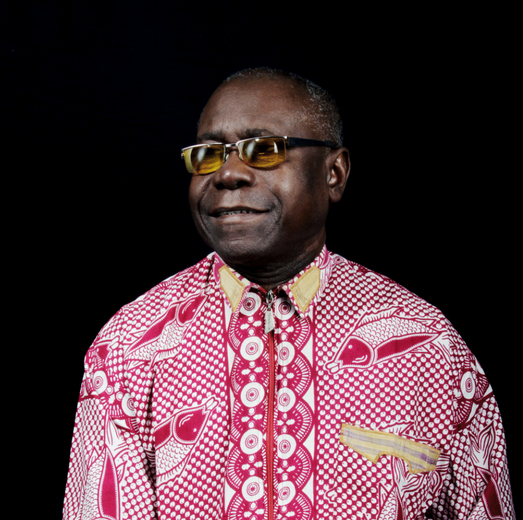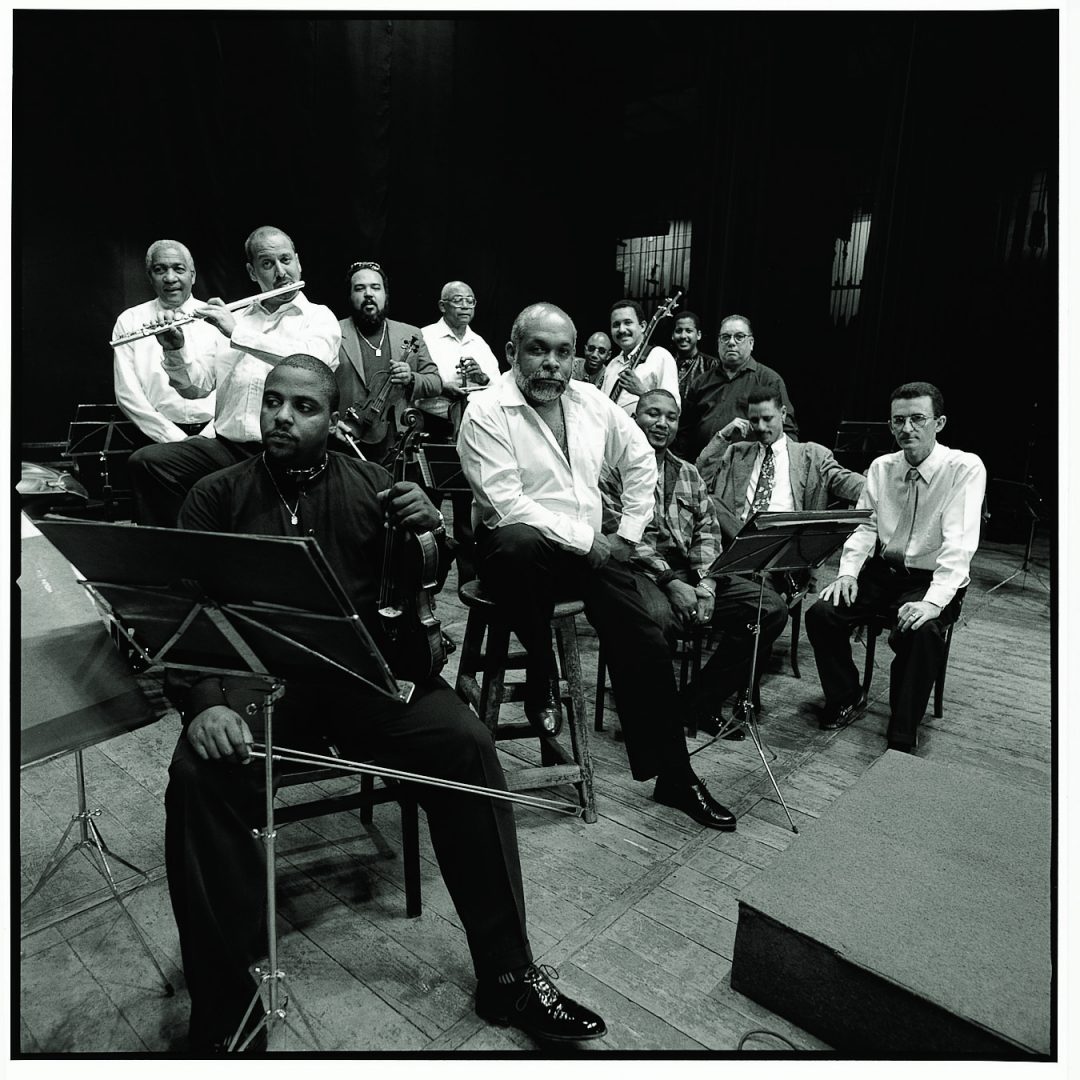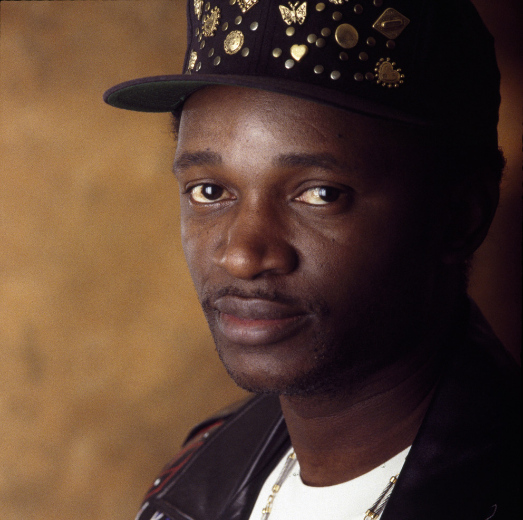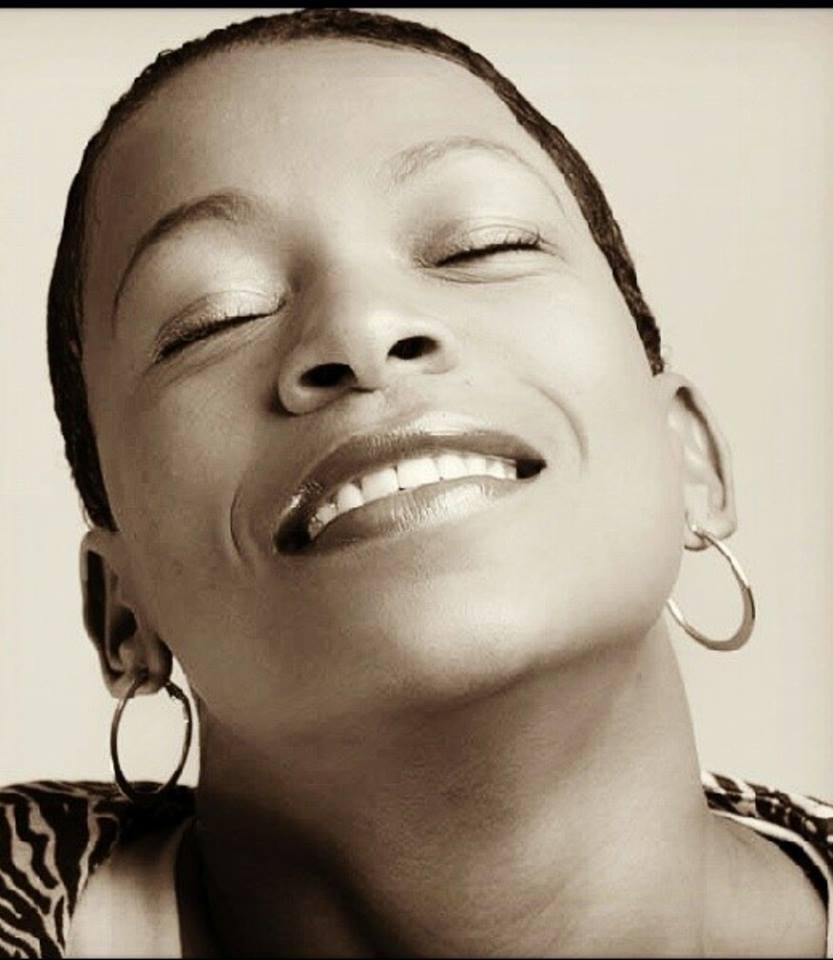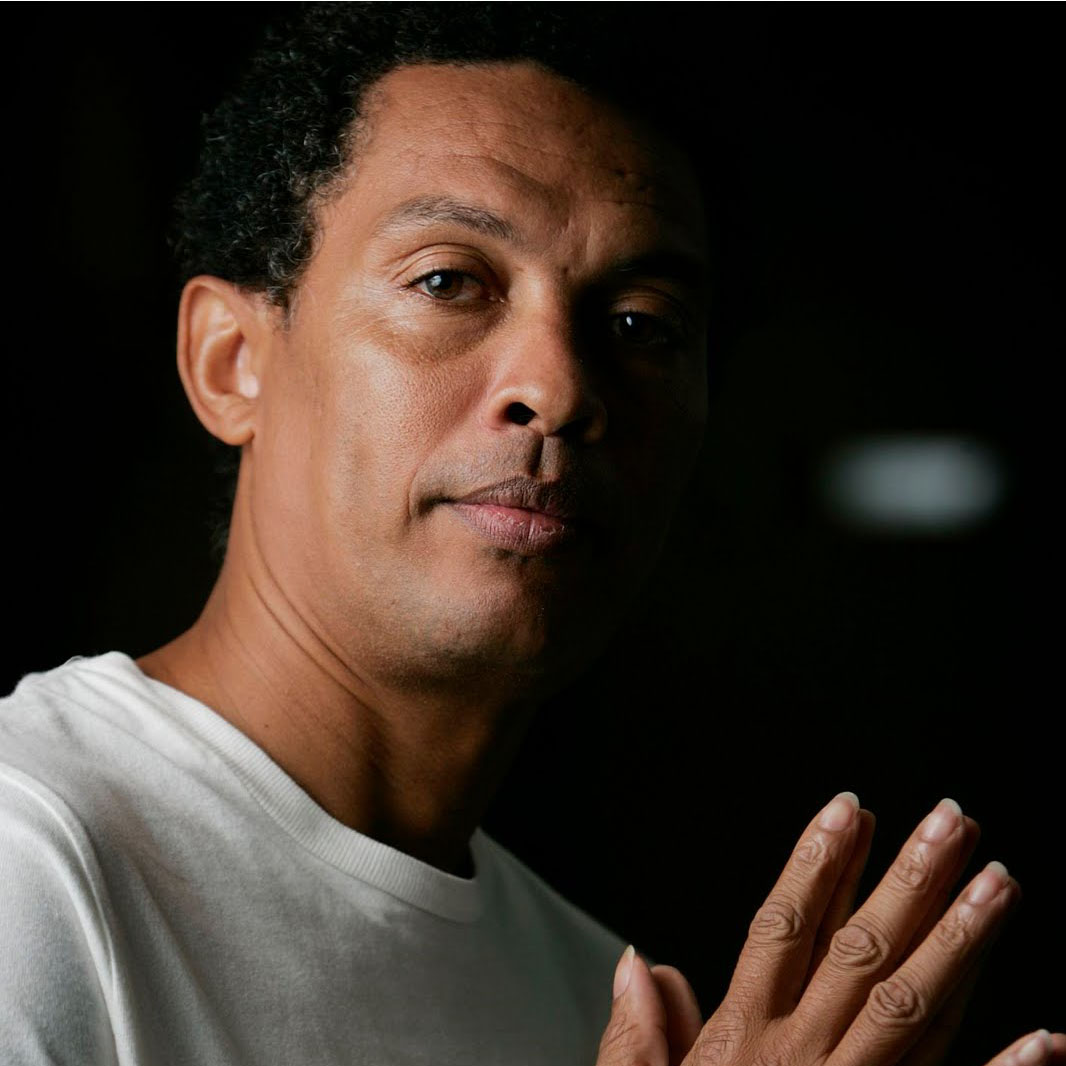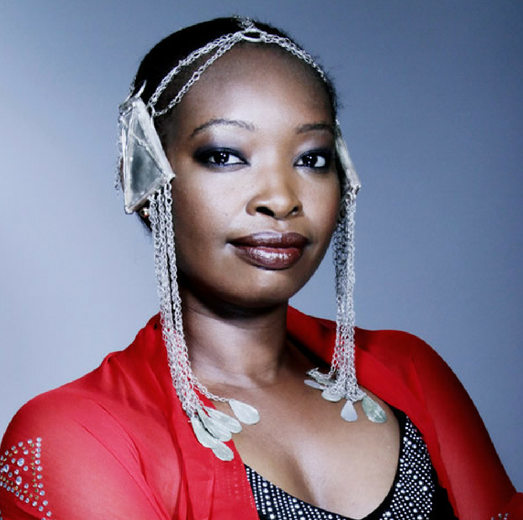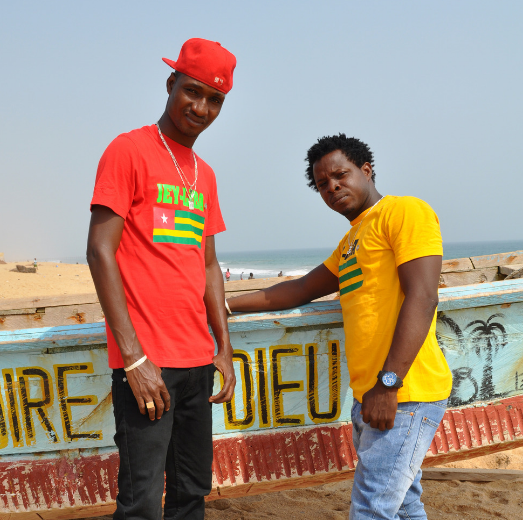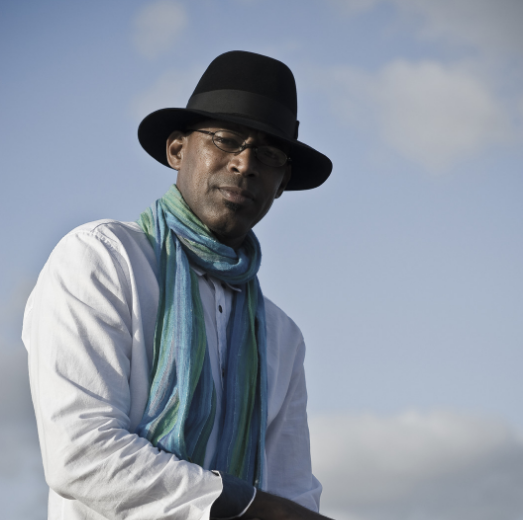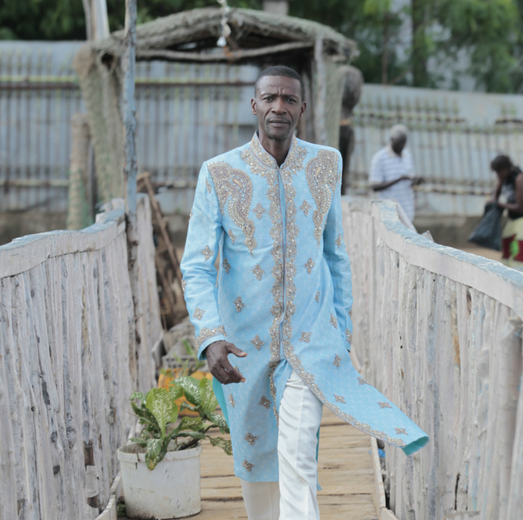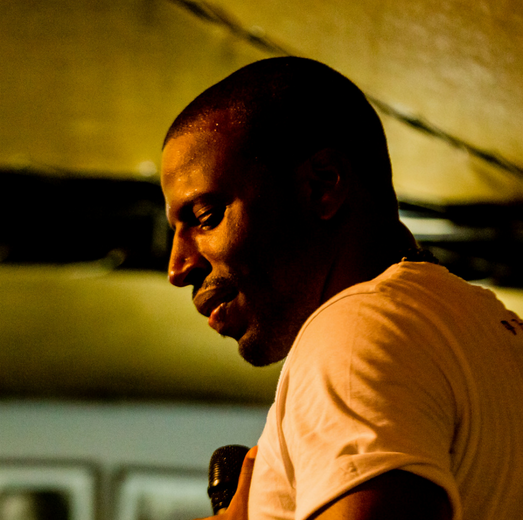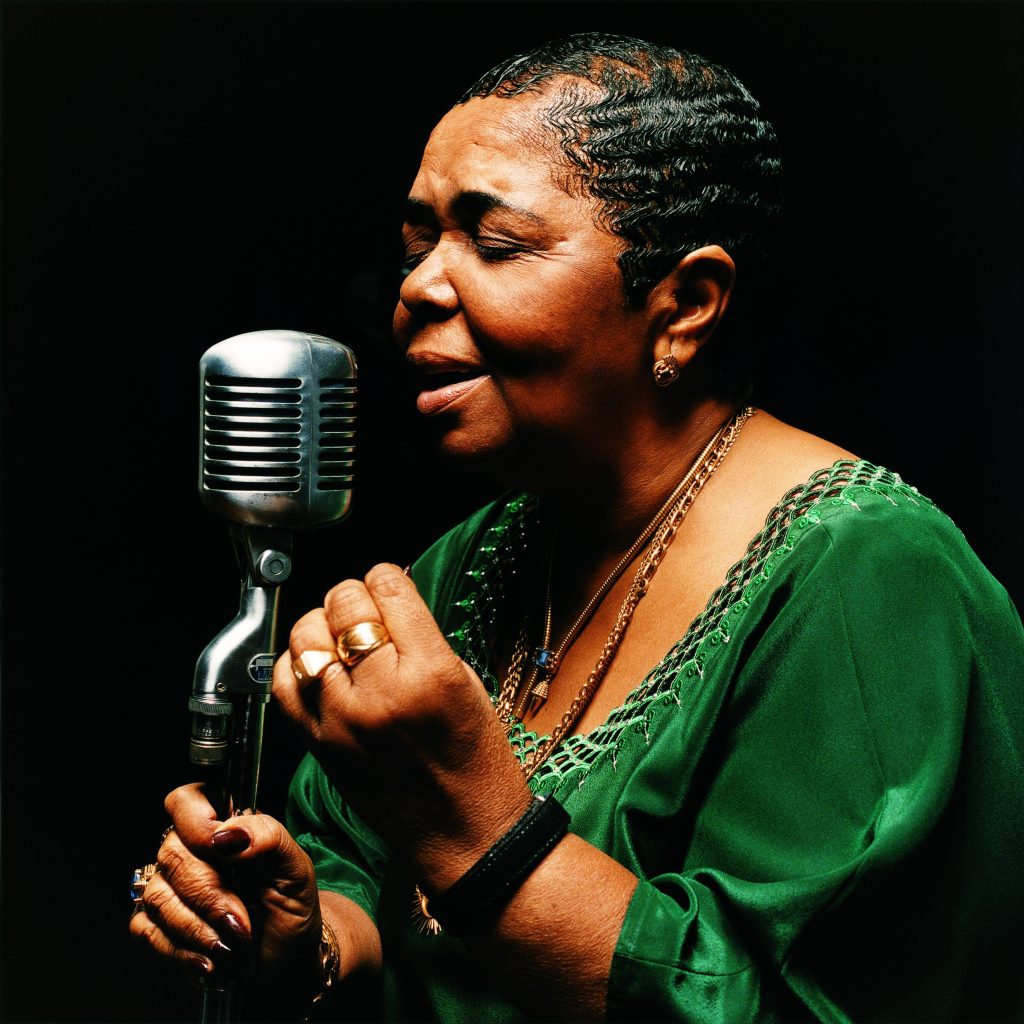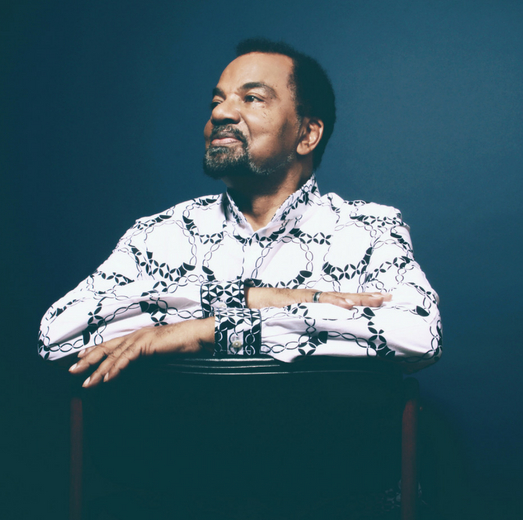Over the last few years, Cordas do Sol has become the star group of the island of Sant’Anton, the most mountainous island in the Cape Verde archipelago, famous for its production of sugar cane and rum. Lying a short distance from the port of Mindelo, Sant’Anton is seen as the granary and garden of the neighbouring island São Vicente, which has almost no reserves of drinking water.
Sant’Anton is well-known for its music, especially its mazurka and contredanse beats (probably originally brought there by French sailors), and its multiplicity of farming traditions. Since the English established a port on the island of São Vicente at the end of the 19th century, it has also provided an inexhaustible supply of musicians who have regularly crossed the Mar de Canal (the sound separating the two islands) to play in the taverns of Mindelo and entertain sailors on shore leave.
Cordas do Sol first formed in 1994. Initially, the group was simply an informal gathering of friends who met in their free time to talk about life and play serenades on moonlit evenings. But soon, they decided to work on a genuine musical project focusing on every kind of musical tribute to the history of Sant’Anton. The musicians talked to elders in villages and remote rural areas, seeking out different sounds and musical techniques that had often fallen into disuse, absorbing the great musical wealth inherited from the island’s traditional musical genres, including the mazurka, cola-sanjom, coladera and morna, and adapting them for contemporary instruments. They collected examples of oral tradition, costumes and anecdotes illustrating everyday rural life in days gone by, reviving colourful characters and their lost social mores.
Finally, the group began to explore another approach: paying tribute to the island’s particular accent in their songs, so helping to perpetuate its original Creole expression while consolidating their project. In fact, Sant’Anton Creole is often seen as a clumsy dialect. For a long time now, the populations of other islands have mocked its diction, pronunciation and expressions (although a little less today).
Over the years, Cordas do Sol have successfully developed their own style. By skilfully merging their poetic and harmonic heritage, and blending themes and genres, they have built a language that touches a chord in all their listeners. Their audiences’ enthusiasm is particularly apparent at the group’s concerts in Cape Verde, and above all when they play for the country’s diaspora worldwide, with growing numbers flocking to see them in something of a festive communion. Cordas do Sol have recorded two albums locally: Linga d´Sentonton in 2000 and Marijoana in 2002, compiled on a single CD for the international market: Terra de Sodade (2004).
Lume d’Lenha (Wood Fire), revives memories of nocturnal gatherings in clearings around a blazing bonfire, where the community came together after dark to sing of its joys and pains, pass on news brought by passing visitors and remember dead elders. Inland from the island’s magnificent shores, imagine the remote, towering, majestic mountains sculpted by deep rivers, and lush valleys with their often exuberant vegetation, just a few hours’ walk from the coast. Nature is generous there (although its bounty demands a great deal of hard work) and the people are warm and proud. Lume d’Lenha is all of that.
